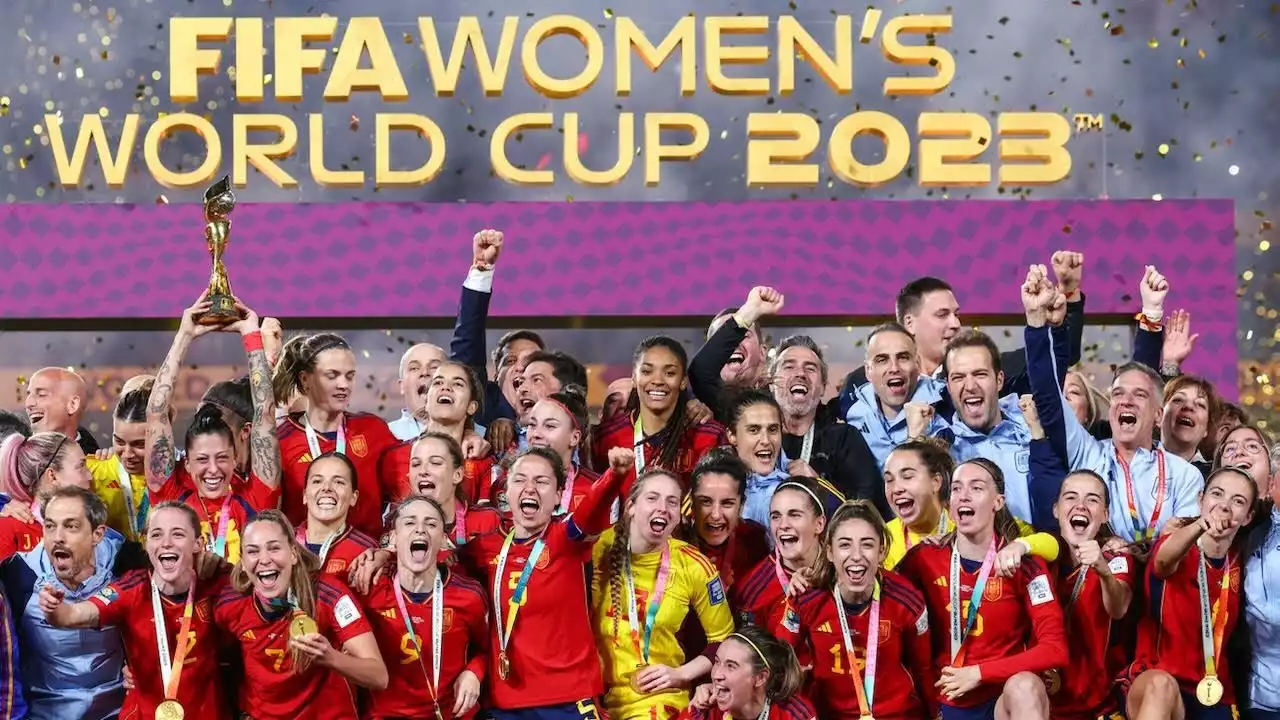The History of Women's Soccer
Women have been playing soccer for as long as the sport has existed. However, it wasn't until the late 19th century that organized women's soccer teams began to form. In England, women's soccer matches attracted large crowds, and the sport gained popularity across Europe and North America. Despite this, women's soccer faced numerous challenges, including societal expectations and limited opportunities for competitive play.
The Birth of the FIFA Women's World Cup
The idea of a global women's soccer tournament began to take shape in the 20th century. In 1970, FIFA officially recognized women's soccer, paving the way for the creation of a world championship. However, it would take another two decades before the inaugural Women's World Cup would become a reality. The tireless efforts of female soccer players, coaches, and advocates led to the establishment of this groundbreaking tournament.
The Inaugural Tournament in 1991
The year 1991 marked a turning point in the history of women's soccer. The first-ever FIFA Women's World Cup took place in China, with 12 teams competing for the coveted trophy. The tournament showcased the immense talent and dedication of female athletes from around the world. The United States emerged as the inaugural champions, defeating Norway in a thrilling final match. This historic victory paved the way for future success and propelled women's soccer into the global spotlight.
Evolution and Growth of the Tournament
Since its inception, the FIFA Women's World Cup has undergone significant changes and improvements. The tournament expanded to 16 teams in 1995 and then to 24 in 2015, allowing for greater representation and diversity. The quality of play has also improved over the years, with teams becoming more competitive and skilled. The introduction of professional leagues in various countries has provided female players with better training and development opportunities, further raising the level of competition.
Impact of the FIFA Women's World Cup
The FIFA Women's World Cup has had a profound impact on the world of soccer and beyond. It has served as a catalyst for change, inspiring young girls and women to pursue their dreams and break down barriers. The tournament has also opened doors for female athletes, providing them with greater visibility and recognition. The success of the Women's World Cup has sparked conversations about gender equality in sports and challenged societal norms and perceptions.
Key Moments and Memorable Matches
Throughout its history, the Women's World Cup has produced countless memorable moments and thrilling matches. From Mia Hamm's iconic goal in the 1999 final to Marta's record-breaking performances, these moments have etched themselves into the annals of soccer history. The tournament has been a stage for underdogs to rise, for rivalries to be born, and for legends to be made. Each edition of the Women's World Cup has provided fans with a spectacle of skill, drama, and excitement.
The Rising Popularity and Viewership
The FIFA Women's World Cup has experienced a surge in popularity and viewership in recent years. The tournament's global reach has expanded, attracting audiences from all corners of the globe. The growing interest in women's soccer has led to increased investment and support from sponsors, broadcasters, and governing bodies. The success of the Women's World Cup has proven that there is a market for women's sports and that female athletes can draw massive crowds and generate significant revenue.
Challenges and Controversies Faced by the Tournament
Despite its success, the FIFA Women's World Cup has faced its fair share of challenges and controversies. Issues such as unequal pay, lack of investment, and gender discrimination have plagued the tournament and the sport as a whole. The fight for equal treatment and opportunities continues, with players and advocates pushing for change both on and off the field. The Women's World Cup has become a platform for activism and advocacy, highlighting the need for progress and reform in women's sports.
The Future of the FIFA Women's World Cup
As the FIFA Women's World Cup continues to grow and evolve, the future looks bright for women's soccer. The tournament has proven that women athletes are just as capable and deserving of recognition as their male counterparts. With each edition of the Women's World Cup, the sport reaches new heights, inspiring future generations and challenging societal norms. It is a testament to the power of sports in breaking down barriers and promoting equality. The FIFA Women's World Cup has truly revolutionized women's soccer and will continue to shape the future of the sport for years to come.










